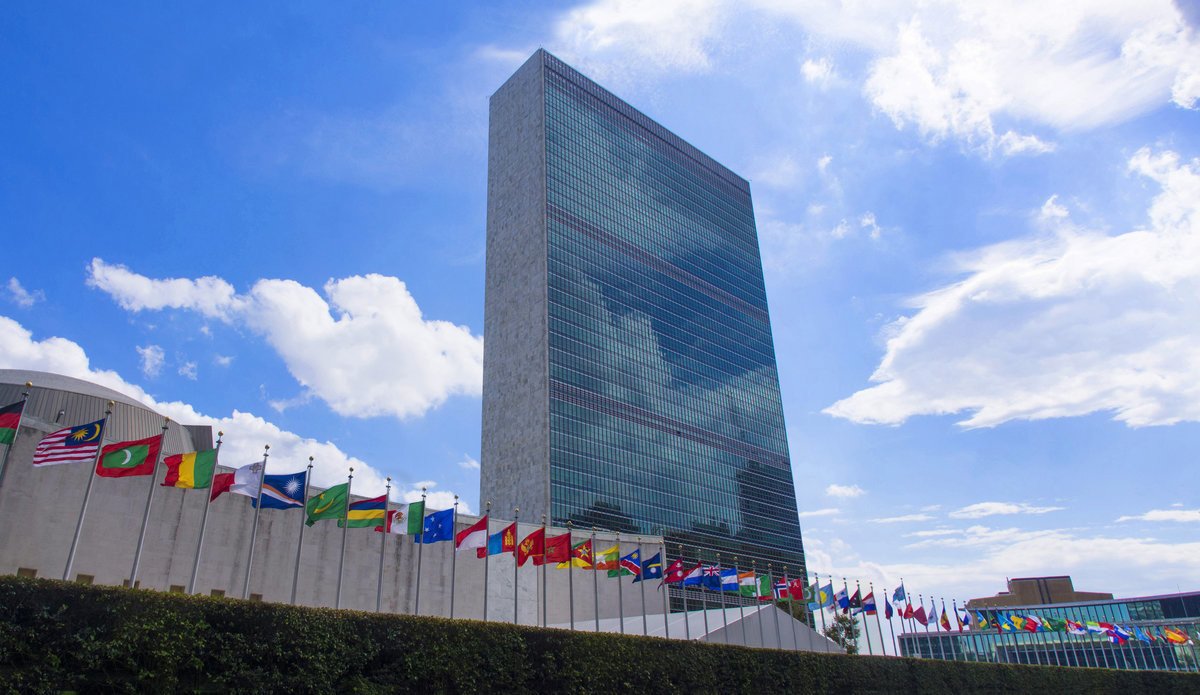
General Assembly
Honorable chairs, distinguished delegates, admirable advisors, and esteemed guests,
Hello. My name is Je Young Yoo, a current senior at Korea International School, and the president of the General Assembly for SEOMUN XXV.
The General Assembly serves as the true heart of the United Nations. Composed of all UN Member States, the committee regularly addresses a wide breadth of global issues. This is no different within Model United Nations, where the General Assembly brings the most diverse group of students together either in terms of experience level, ethnic background, political leaning, or any other part of one’s identity, to address a whole host of agenda items.
This fundamental essence of the General Assembly is why the committee is particularly appropriate in embodying SEOMUN XXV’s theme of “Bonds of Unity.” The last few years have suddenly and consistently exposed the various shortcomings that exist throughout the global society, with the international community coming to realize that to truly resolve such worldwide matters, an equally worldwide, unified response is necessary. Among such topics, the General Assembly has decided to tackle three topics that are of worthy note but are only recently starting to get covered in mainstream discussions.
Firstly, the agenda issue “Addressing the role of private military companies on the maintenance of global security” has become of particular importance, especially in the wake of the Russian invasion of Ukraine and their employment of the infamous Wagner Group. Private military companies as a whole are embedded in the military doctrine of a myriad of countries across the world, from the security of politicians to frontline combat. In the wake of such prominence, as well as their lack of accountability due to their private nature, the agenda seeks to have the international community find concrete methods to turn PMCs into reliable and accountable entities subject to proper rules and regulations that fit their already-prevalent role in countries’ militaries.
Meanwhile, “Establishing measures to limit the arms race in space” seeks to proactively address the issue of the continued development of space technology for military use. From the creation of newer models of anti-satellite weapons by China and Russia to the formation of space forces as a formal branch of the military, current circumstances clearly show the need for a resolution to avoid the continued militarization of space.
Lastly, “Ensuring international peace and security in cyberspace” arises from the sustained uptick in cyber attacks against both individuals and organizations. With the fundamental role the internet serves in the daily operations of the global society, one should recognize the current frameworks in place to ensure cybersecurity should be reformed, if not completely recreated, to fit with the new conditions of the modern era.
These issues are complex, nuanced, and wide-ranging. Even if the actions that occur within this committee may not hold immediate tangible results, I truly believe that engaging in these issues will prepare us all to properly address these matters in the near future.
For some of those who are participating as delegates, this may be your first MUN conference, while for others this may be your third, fourth, or even fifth time in SEOMUN. Regardless, though, the General Assembly has always been a medium for everyone’s voices to be properly heard, and I wish for you all to speak up and involve yourself in the MUN process. Whether you’re aiming for Best Delegate or just trying to familiarize yourself with the MUN format, the General Assembly, my co-chairs, and I will do our utmost to aid you all.
Thank you for taking the time to read this, and I look forward to seeing you all come November. I wish you all the best of luck!
Best regards,
Je Young Yoo
President of the General Assembly
Korea International School ‘23

-

Je Young Yoo (KIS)
PRESIDENT
-

Kenneth Lee (SFS)
ASSISTANT PRESIDENT
-

Layla Cyhn (KIS)
DEPUTY ASSISTANT PRESIDENT
Agenda 1: Addressing the role of private military companies in the maintenance of global security
Agenda 3: Ensuring international peace and security in cyberspace
Agenda 2: Addressing the militarization of space
